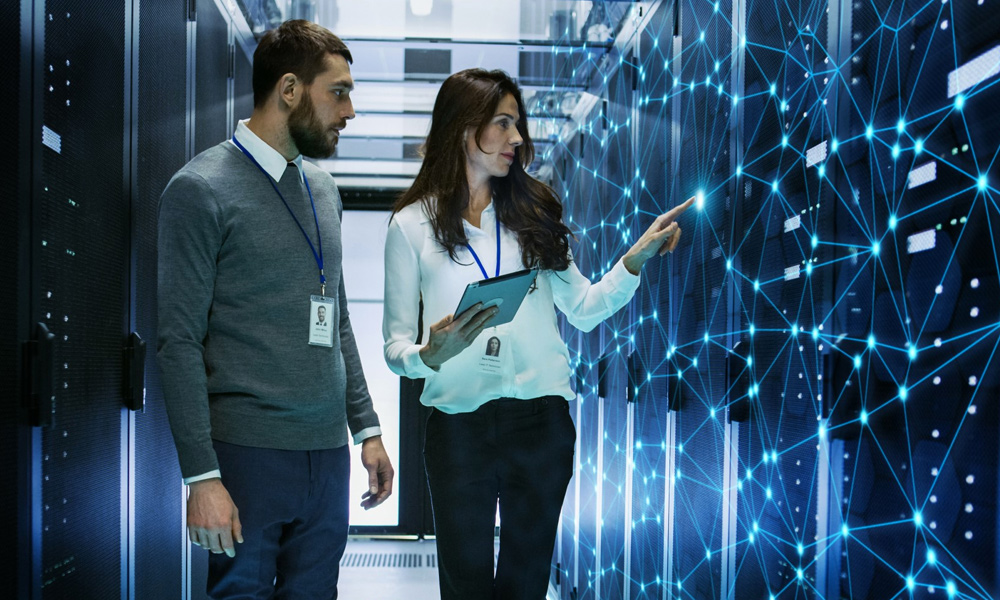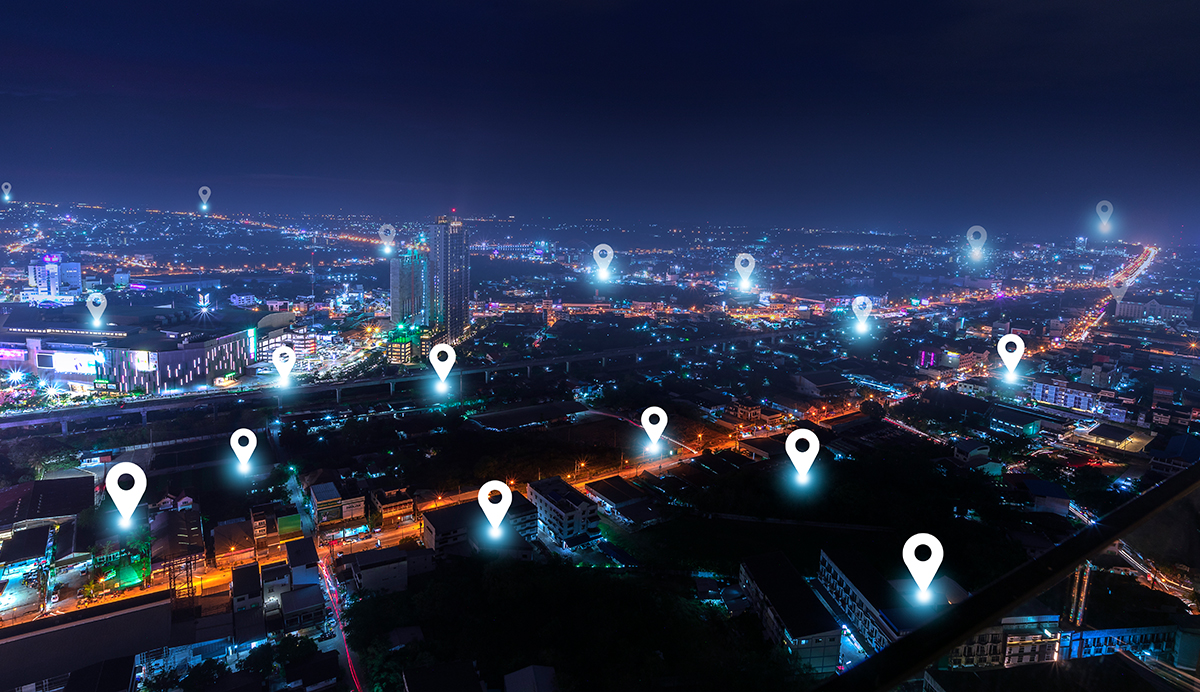Hyperscale Data Centers: Gain and Consideration

Hyperscale Data Centers (HDCs) have been gaining more and more popularity across the globe. According to a report by Synergy Research Group New, the total number of HDCs in the world increased to 597 at the end of 2020, having more than doubled since the end of 2015. Moreover, HDCs have become the main solution to the challenges of almost every piece of modern technology — cloud computing, big data, 5G, and artificial intelligence.
Nonetheless, there is one question people keep asking: are hyperscale data centers for everyone? The fact is the capacities and abilities of HDCs may be an overkill for certain types of organizations. To answer the question, let’s take a look at these capacities and abilities in two different angles: gain and consideration.
What Businesses Gain
HDCs offer high levels of performance and availability.
HDCs are specifically designed and constructed for high levels of performance, scalability, speed, output, redundancy, reliability, and availability. HDCs are at least 10,000sq ft. in size and have at least 500 cabinets and 5,000 computing and storage servers linked with an ultra-high speed, high fiber count network. These specifications allow them to handle high-volume traffic and the heavy computing workloads which are usually related to data and bandwidth-intensive systems and applications. Therefore, HDCs are most suitable for businesses with constant growth and those which heavily rely on technology and digital tasks.
HDCs offer better security.
The business processes and operations of today’s large enterprises revolve around data, so data has to be treated carefully and kept secure at all costs. Besides high levels of performance, HDCs offer top-notch security measures to protect data from physical and cyberattacks. Moreover, through multiple component redundancies and backups, HDCs offer resilience in the form of minimized downtime and data loss, saving companies from revenue and customer turnover.
HDCs are mostly automated.
Because the technology in HDCs is mostly automated, it takes fewer tech experts to manage the facility. A reliable HDC provider is capable of running its facility and delivering maximum services to its clients with fewer people through a number of automation and virtualization methods: infrastructure automation, cloud automation, network automation, hyper-converged infrastructure, etc.
What Businesses Should Consider
HDCs require “hyperscale” resources.
To be that powerful, HDCs require the most advanced, superior resources, including infrastructure, hardware, software, networks, power, cooling, and security systems, which can be challenging and expensive to obtain and maintain. Managing these types of resources also require experienced teams with a certain level of expertise. Therefore, hyperscale facilities — including the ones carrying the concept of colocation — are considered costly and high-maintenance.
HDCs require a large amount of power.
By 2020, data centers account for about 1% of global electricity demand, or an estimated 200 terawatt hours (TWh) each year. It is true that HDCs are designed and constructed to be extremely efficient in terms of energy use — especially the ones built with the green concept. However, the size of the facility places immense power demands on global energy. According to the US Department of Energy, some of the world’s largest data centers can each contain many tens of thousands of IT devices and require more than 100 megawatts (MW) of power capacity.
HDCs are not ideal for smaller businesses.
Due to their nature and abilities, HDCs may not be suitable for organizations that do not have sufficient resources and level of expertise. For instance, it is unlikely that a small business will need 5,000 servers and about 10,000 square feet to operate. Even opting for renting a space at a hyperscale colocation facility is considered cost-ineffective for a small business — it’s costly yet unnecessary. Smaller businesses will benefit more from Tier 2 or Tier 3 data centers which are more suitable for the volume of their business and the complexity of their daily operations.
By considering the advantages and disadvantages, we can see that HDCs are not for all types of organizations. What is right for one business may not be right for others, so choosing the right colocation provider is essential. Some colocation data center providers, such as neuCentrIX, offer more than one data center type which can cater to different business demands, so companies can choose a facility that suits them the most.

















